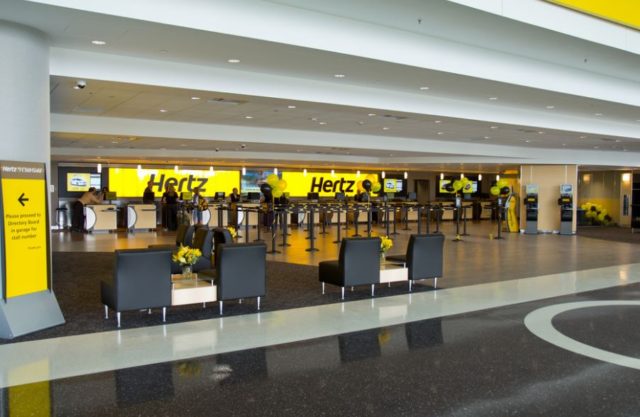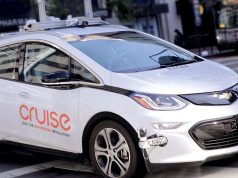When the auto era broke out in the USA, a man from Nebraska named Joe Saunders came up with a crazy idea: He rented his Ford Model T to traveling company representatives. Today, when 101 years have passed, his successors – Saunders sold his business later to a Chicago man named John Hertz – before asking himself a question: Can American car rentals survive in the era of Uber, Lyft and autonomous cars?
The answer so far is not so good. At Hertz Global Holdings, the losses are rising. Competitor Avis just lowered the profit forecast. Investors have paid a high price. Problems with rental companies are a reason. In recent years, Hertz has bought more cars than demand and is now trying to get rid of these at reasonable prices.
There will certainly be a market for car rental. But for a growing number of business customers and even some private individuals, they appear like a kind of relapse into a bygone era. Why wait in queue, pick up, refuel and dispense keys, if you can just tap an app instead?
The troubles of the industry became clear again on Tuesday last week, when Hertz reported red figure in the third consecutive quarter. The $223 million loss reported as a clean loss for the period ended in June and was below the lowest analyst forecast. A day earlier, rivals Avis had backed their profit forecast for the year as a whole.
Hertz stock went up as the rental-car company offered bullish outlook for its third quarter. MKM’s Christopher Agnew apparently agree. The analyst said “We believe negative pricing and fleet cost trends bottomed in 2Q along with HTZ rebalancing and rightsizing its fleet. (1) Total RPD (ex-ridehailing) was 4% in July up from (2)% in 2Q, (2) fleet declined 5% y/y by the end of June as the company focused on higher-quality demand, (3) per-unit fleet costs should improve sequentially in 2H. Note, 2017 is a transition year with the company investing $300mn, including $180mn incremental in fleet, service and technology.”
The hard times in the industry may be primarily due to mismanagement – with Uber, Lyft or other new mobility companies simply missing an extra blow to car rental companies. Especially Hertz has a too bloated fleet. In order to ensure that the vehicles continue to generate revenue, the company had to lower the rental prices.










